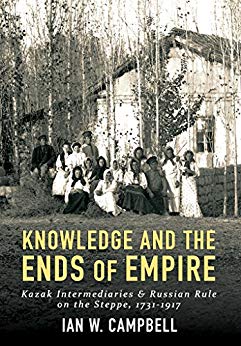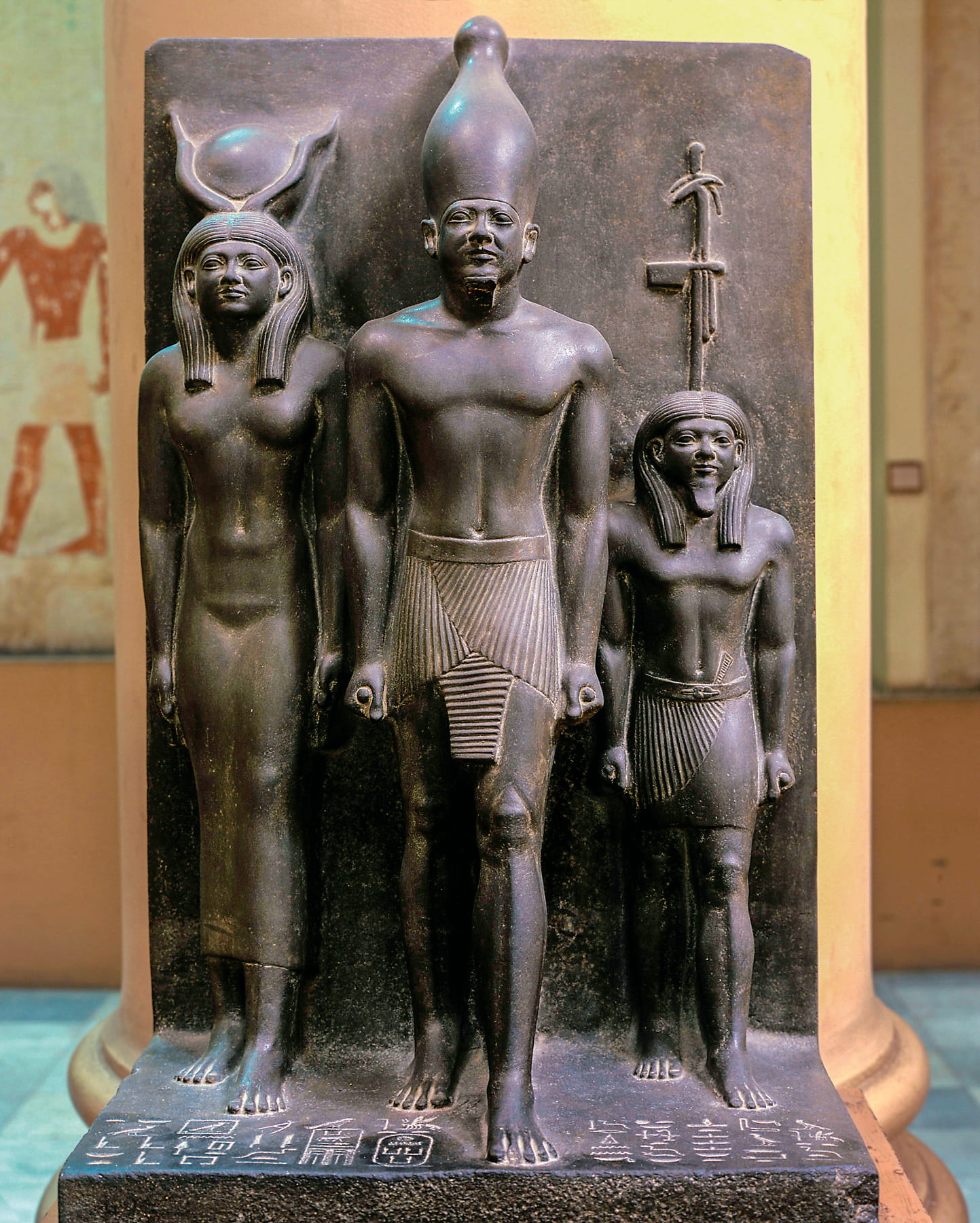
Knowledge and the Ends of Empire: Kazakh Intermediaries & Russian Rule on the Steppe, 1731–1917
Alva Robinson
Ian W. Campbell
Cornell UP, 2017,978-150-17007-98, $55 hb.
In 1731 the leader of the smallest of the three confederations of tribes covering the Kazakh steppe entreated imperial Russia, which through traders and soldiers had begun moving into northwestern Kazakh territory, for a military alliance against roving Kalmyk tribes. The alliance quickly became a process of Russian colonial control over all three tribal groups. Prior to this dominion, the Kazakh steppe inhabitants were just part of frontier society and “unknowable … to the tsarist state,” writes Campbell. Russian military and economic expansion continued, however, through Kazakh intermediaries, “principally the humble clerks, scribes, and translators who were the lifeblood of the imperial state.” Campbell relies on the records of ethnographer Chokan Valikhanov and researcher Älikhan Bökeikhanov for his insightful discussion of these intermediaries. This book shows how a subordinate group is able to create and affect beliefs based on the transmission of knowledge, becoming an active participant shaping the social and political dynamics of power relations.
You may also be interested in...

The Legacy of Egyptologist George Reisner—Our Book Review
When George Reisner died in 1942, he did so surrounded by ghosts—not just the pharaohs he’d unearthed but the stacks of unpublished notes that entombed his legacy.
Book ‘s Take on Mangos Serves Up a Curious Mix of Food and History
Constance L. Kirker and Mary Newman trace mango’s cultural and culinary significance around the world.